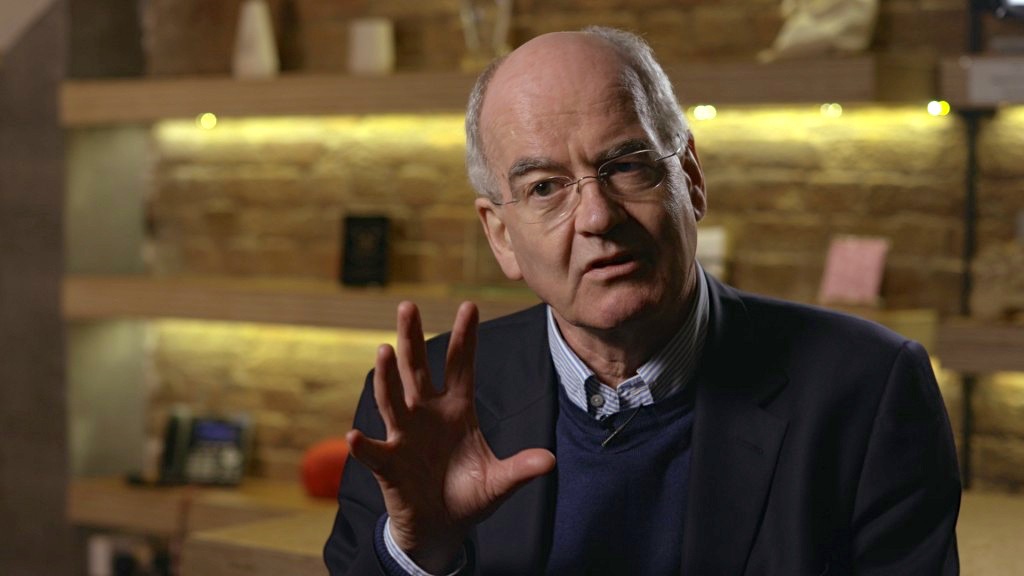“Responsible” business is no longer a cost center, say authors John Elkington and Richard Roberts, but an opportunity to unlock $12 trillion a year in value by 2030.
The two have introduced a set of Steve Jobsian “imperatives,” to help investors and business leaders tap growth sectors including low-income food markets, public transport in urban areas, energy storage and telehealth.
- Think Exponential. The rules of the game are about to dramatically change. Companies need to radically reinvent how they view sustainability if it is to emerge from its corporate silo, overcome internal competition, and get past confusing terminologies. And new players aren’t happy with less than 10-fold improvements over time.
- Think Open. Sharing ideas and innovations benefits everyone in the long run, including those with the original ideas. Tesla’s Elon Musk, for example, made all of the firm’s patents available to anyone who wants to use its technology. “We believe that Tesla, other companies making electric cars, and the world would all benefit from a common, rapidly-evolving technology platform,” said Musk.
- Think Circular. Externalities that typically are considered costs to be avoided should be seen as value wasted. The authors invoke IKEA’s zero waste to landfill policy. The retailer now makes a small profit from its waste, rather than spending well over $1 million getting rid of it. Data, as a by-product of a core business, is valuable in the way that oil was in the 20th century — and contributes to the valuation of companies like Tesla and Airbnb.











